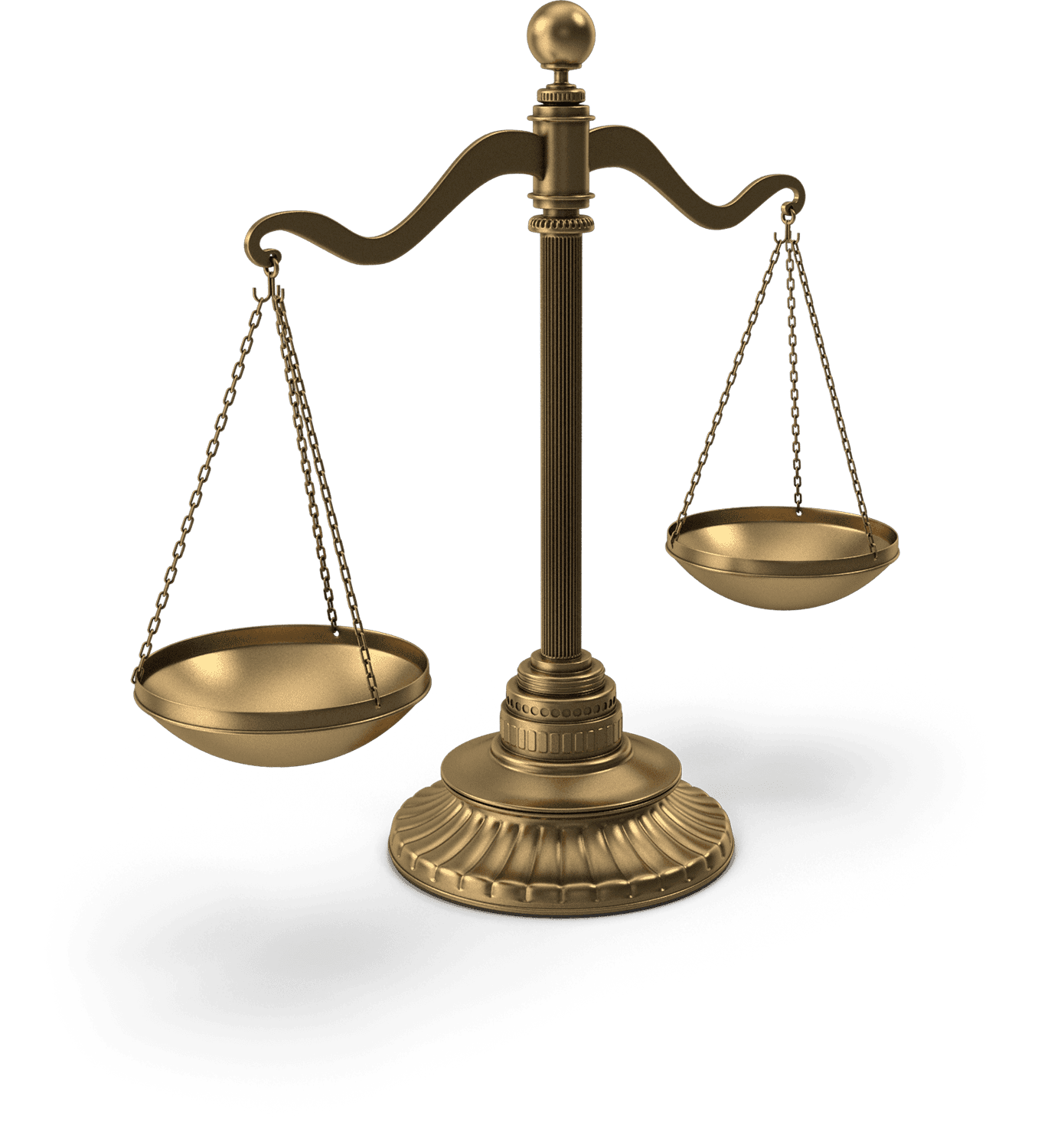FAQS
Your Questions Answered: Navigate Bankruptcy with Confidence
- Home
- FAQs

Frequently Asked Questions
There are a variety of bankruptcy options, including those tailored to businesses and individuals. The most common options for non-commercial filings are Chapter 7 and Chapter 13.
Chapter 7 liquidates certain nonexempt assets in order to pay creditors. The debtor may retain some assets, such as personal belongings and a certain amount of cash.
Chapter 13 allows debtors to retain all personal possessions. It also establishes a payment plan and prohibits creditors from pursuing collection during the repayment period. This allows debtors the opportunity to consolidate debts and take control of their financial future.
A bankruptcy filing may discharge various debts, such as:
credit card charges;
medical bills;
past-due utility bills;
certain business debts; and
much more.
Not all debts, however, are eligible for discharge. For instance, you may not discharge any debt accrued between the time of your filing and the date of discharge. Other debts simply cannot be discharged.
A Chapter 13 bankruptcy may help you protect valuable assets. These may include:
Real Property– You may avoid or stop a home foreclosure. You still will be responsible for making mortgage payments but may be relieved from having to pay past-due mortgage bills.
Car – You may be able to halt a repossession of your vehicle.
Harris S. Ammerman, Esq strives to protect as many of your personal assets and possessions as possible in the course of the bankruptcy filing and discharge.
Free Consultation
Unsure if bankruptcy is the right step for you? We offer free consultations to discuss your financial situation and determine the best course of action to meet your needs.
